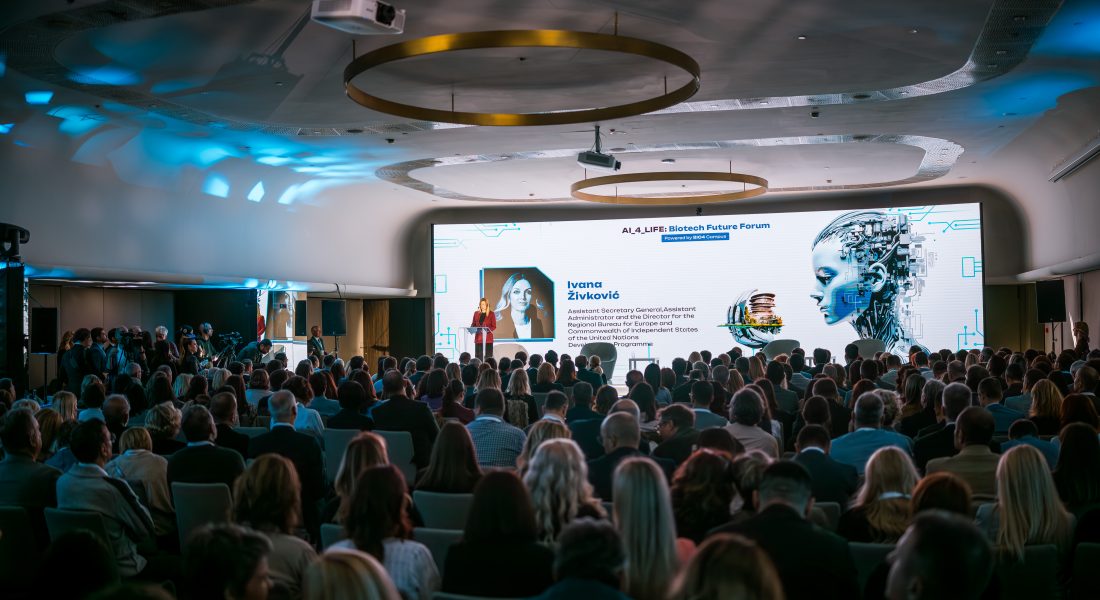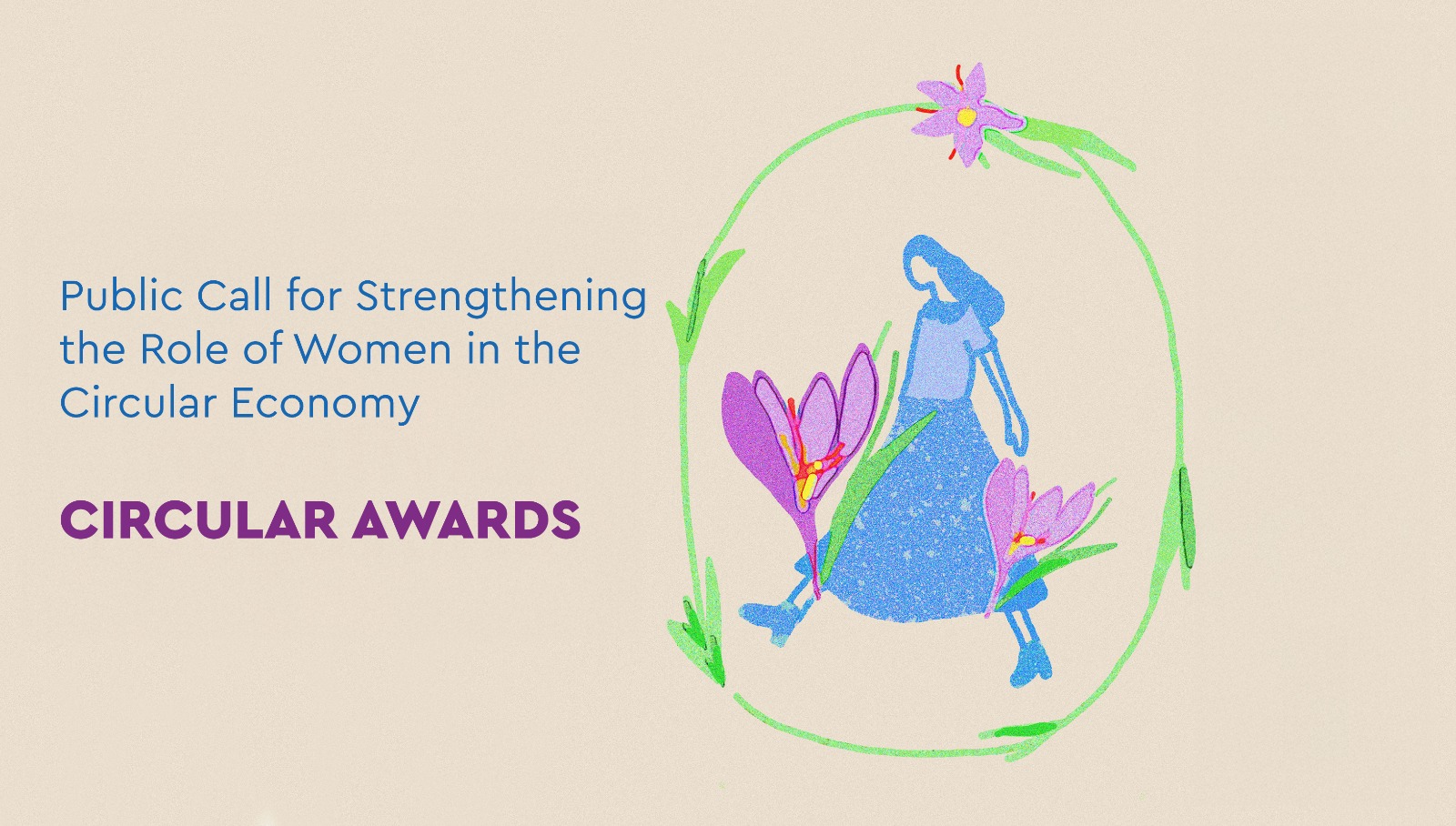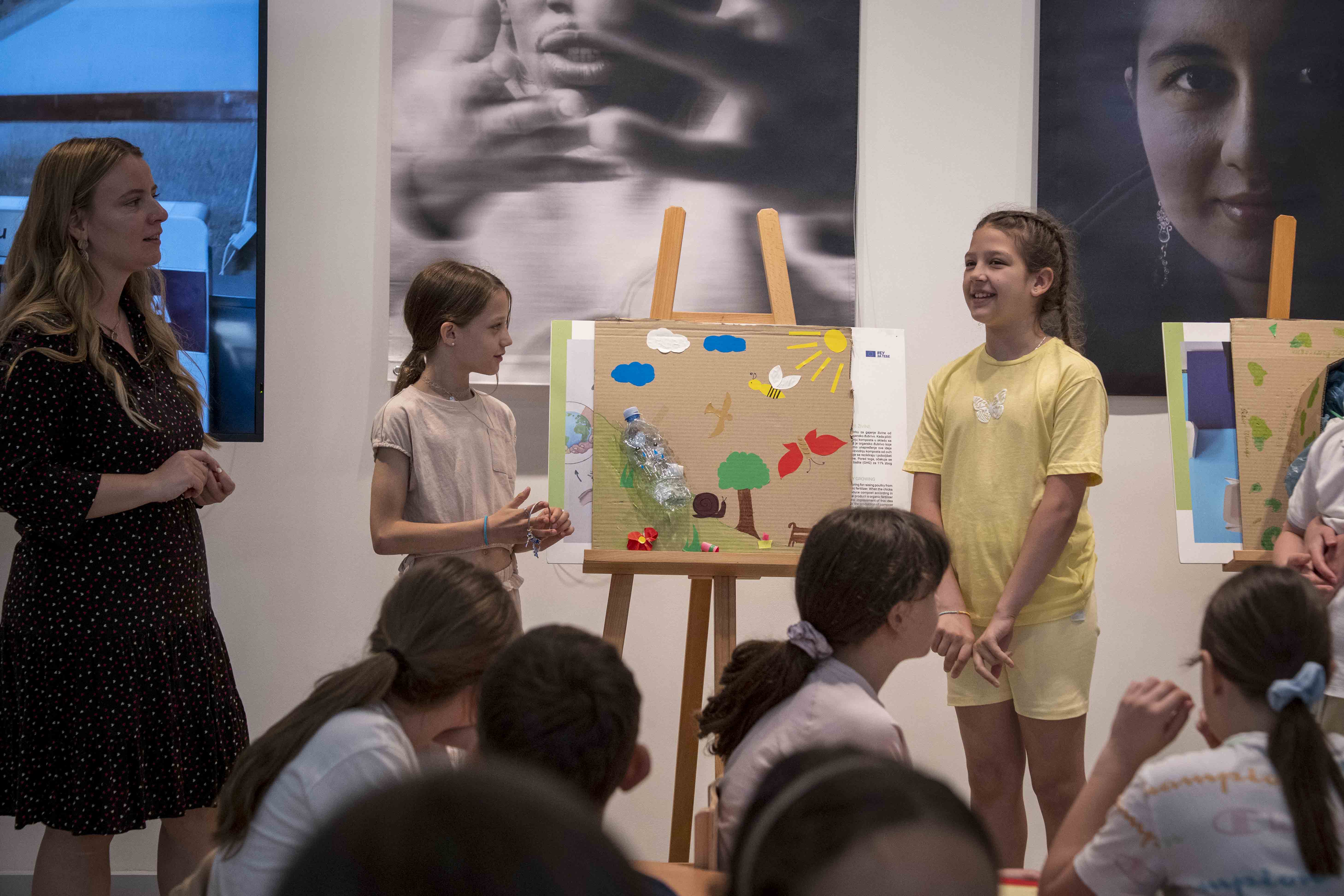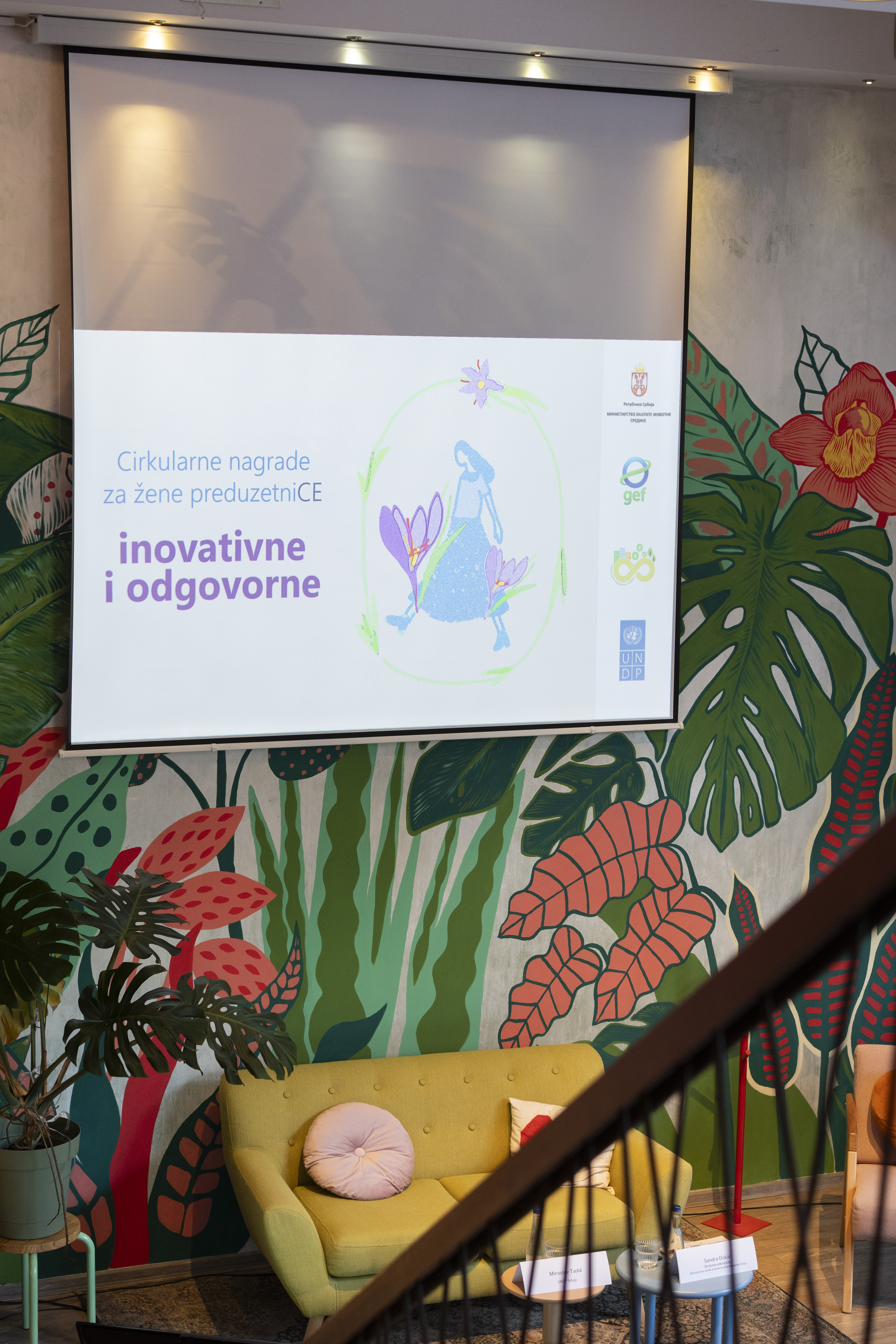The third international conference AI_4_LIFE: Biotech Future Forum, organised by the Government of the Republic of Serbia in cooperation with the National Assembly of the Republic of Serbia, the Ministry of Science, Technological Development and Innovation, the Office for IT and eGovernment, the Centre for the Fourth Industrial Revolution, the World Economic Forum and the United Nations Development Programme (UNDP), with the support of BIO4 Campus, was officially opened today in Belgrade.
This year’s conference will bring together more than 1,000 participants from over 15 countries, along with 66 international speakers, including representatives from governments, the academic community, scientists, research organisations and the business sector.
“We have gathered here to explore the latest advancements in artificial intelligence and biotechnology—two fields that are decisively shaping our future. As a scientist and someone deeply passionate about science and new technologies, I believe we are living in extraordinary times. Not only are we witnessing technological transformation, but we are also experiencing changes in our lifestyles, in our societies, and even in our evolution as a species”, said minister Begović in her address.
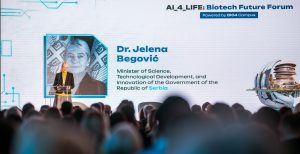
The conference will address topics such as national strategies for the development and application of artificial intelligence, as well as its impact on healthcare, agriculture and environmental protection. Particular attention will be paid to big data processing, genetic innovations, and new opportunities in healthcare, which increasingly rely on biotechnology and artificial intelligence.
Managing Director of the World Economic Forum, Mirek Dušek, commended the Government of Serbia’s dedication to advancing the biotechnology agenda, highlighting the importance of their partnership with the World Economic Forum. “Serbia contributes leadership and unique insights to the global dialogue facilitated by the Forum, aligning with our mission to drive positive change and improve the state of the world. The Centre for the Fourth Industrial Revolution—Serbia has become a reliable partner in this effort, leading the World Economic Forum’s initiatives to shape global policies, programs, and frameworks for responsible biotech development”.
UN Assistant Secretary-General and UNDP Director for Europe and CIS, Ivana Živković, said that the Pact for the Future, recently adopted by the UN General Assembly, reaffirmed the world-wide commitment to sustainable development, digital cooperation and advancing technological capacities to benefit all people and protect our planet.
“Biotechnology and artificial intelligence provide us with solutions to a range of interlinked global challenges, including health crises, climate change and food security. To boost innovation, UNDP supports the Government of Serbia in its pursuit of a knowledge-based economy. We are helping establish the environment conducive to research and development in biotechnology and development of the local biotech ecosystem. We are engaged in Government’s comprehensive efforts to digitise the health sector and assist the work of the newly formed national AI Council,” said Živković.
At the Biotech Future Forum visitors had the opportunity to explore the Green Showroom – an exhibition space dedicated to biotech and AI-powered innovations. As part of the Green Showroom, four circular economy solutions supported by the United Nations Development Programme (UNDP) were presented. Two applied artificial intelligence tools, while the other two offered innovative biotech approaches.
Digital Leather showcased software that uses AI to detect flaws in processed leather, improving production efficiency and significantly reducing waste.
Nuclear Institute „”, with Public Company „Electric Power Industry of Serbia” (JP EPS) presented AI models designed to predict air pollutant emissions from the Kolubara Thermal Power Plant, with the potential to reduce emissions by up to 20%.
The Faculty of Technology in Niš and Fruvita developed a simulation model for converting fruit processing waste into biochar, allowing for testing without building physical prototypes.
The Institute for Biological Research “Siniša Stanković” and its partners introduced a solution for producing biomass from vegetation in drainage channels, with potential applications in clean energy production and even bio-batteries.
The Green Showroom clearly demonstrated how science, industry, and sustainability can come together to drive innovation and support a greener future for Serbia.
Photo credits: Marko Edge and Marko Marin for UNDP Serbia
